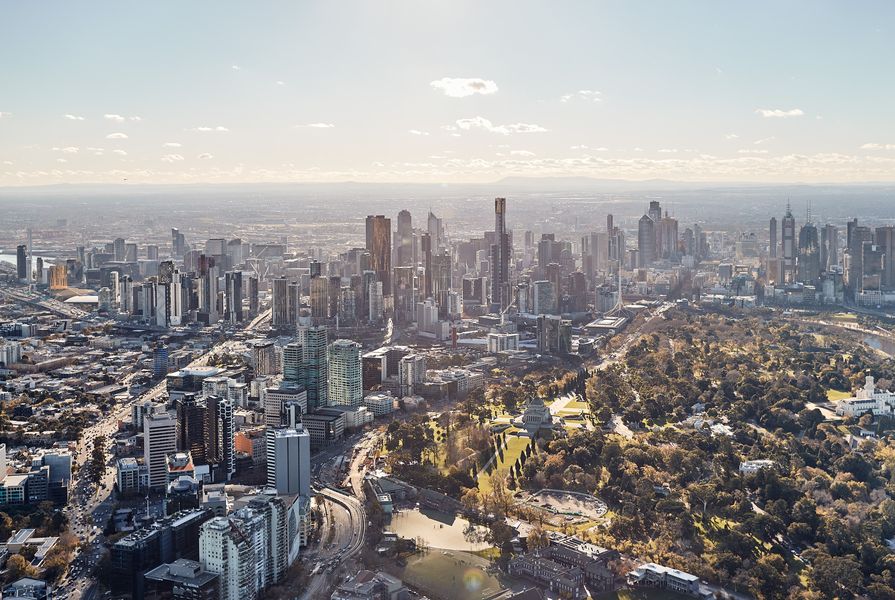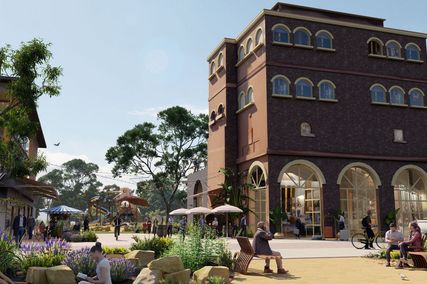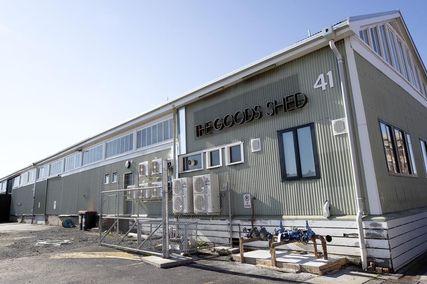A group of architecture academics are calling on the federal government to increase funding for built environment research to aid Australia’s economic recovery from the COVID-19 pandemic.
The Australian Deans of Built Environment and Design (ADBED) made a submission to the federal education minister Dan Tehan and minister for cities Alan Tudge ahead of the proposed bill to change higher education fees going before the parliament on Monday 24 August.
Under the proposed changes, student fees for architecture degrees would decrease by 20 percent. The ADBED welcomed the change but highlighted that research in built environment receives less than 1 percent of Australian Research Council funding.
“As the peak body ADBED, we advocate for increased recognition of our sustained contribution to the development of Australian cities and regional centres,” the group said.
“Australian researchers are world leaders in understanding how the design of healthy cities can encourage walkable neighbourhoods, which can reduce impacts on our health systems and is especially relevant in the context of COVID-19.”
“In parallel we are reconsidering policy for low-rise medium-density housing with generous private and public outdoor space as a development solution for future housing needs. Our construction workplace safety and advanced construction technologies research is also world class.
“The breadth and richness of our research and the capabilities of our graduates justify considerable, sustained investment from government, business and our own universities to support the impact that built environment disciplines bring to the making of our cities.
“Our professionals are the glue that connects engineering with health and wellbeing. Through working together we can bridge the divide between economic drivers and social agendas, we can demonstrate a link between long-term strategies for sustainable growth and immediate benefits, and we can show how the crisis of this pandemic can be turned into an opportunity to transform our cities and towns that enable our people to enjoy an improved quality of life.”
The ADBED executive comprises president Martyn Hook, dean of RMIT School of Architecture and Urban Design; deputy president Kerry London, dean of Western Sydney University School of Built Environment; Helen Lochhead, dean of UNSW Built Environment, and Jane Burry, dean of Swinburne University School of Design.
The groups says, “If we are to have a ‘building the future’-led recovery to our economy we must seek to make the new versions of our cities green, safe and healthy.”
















